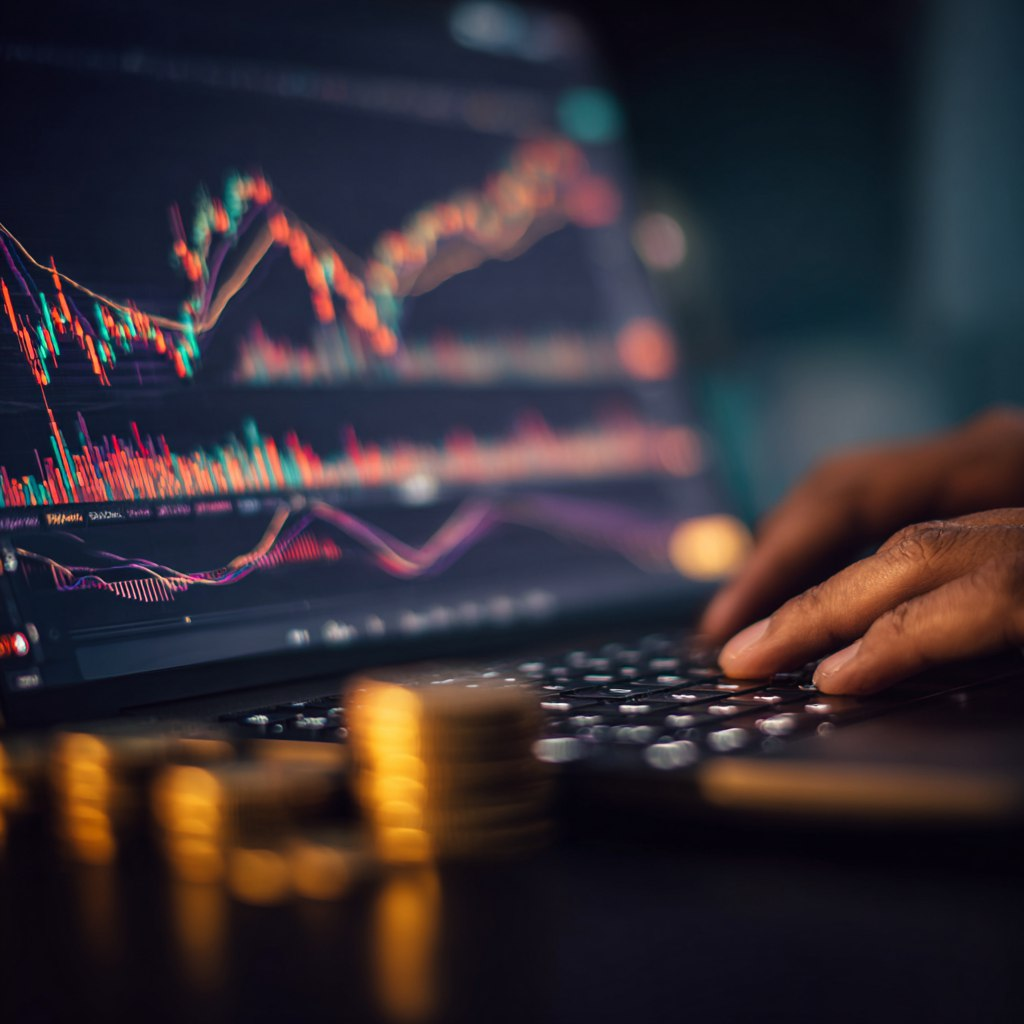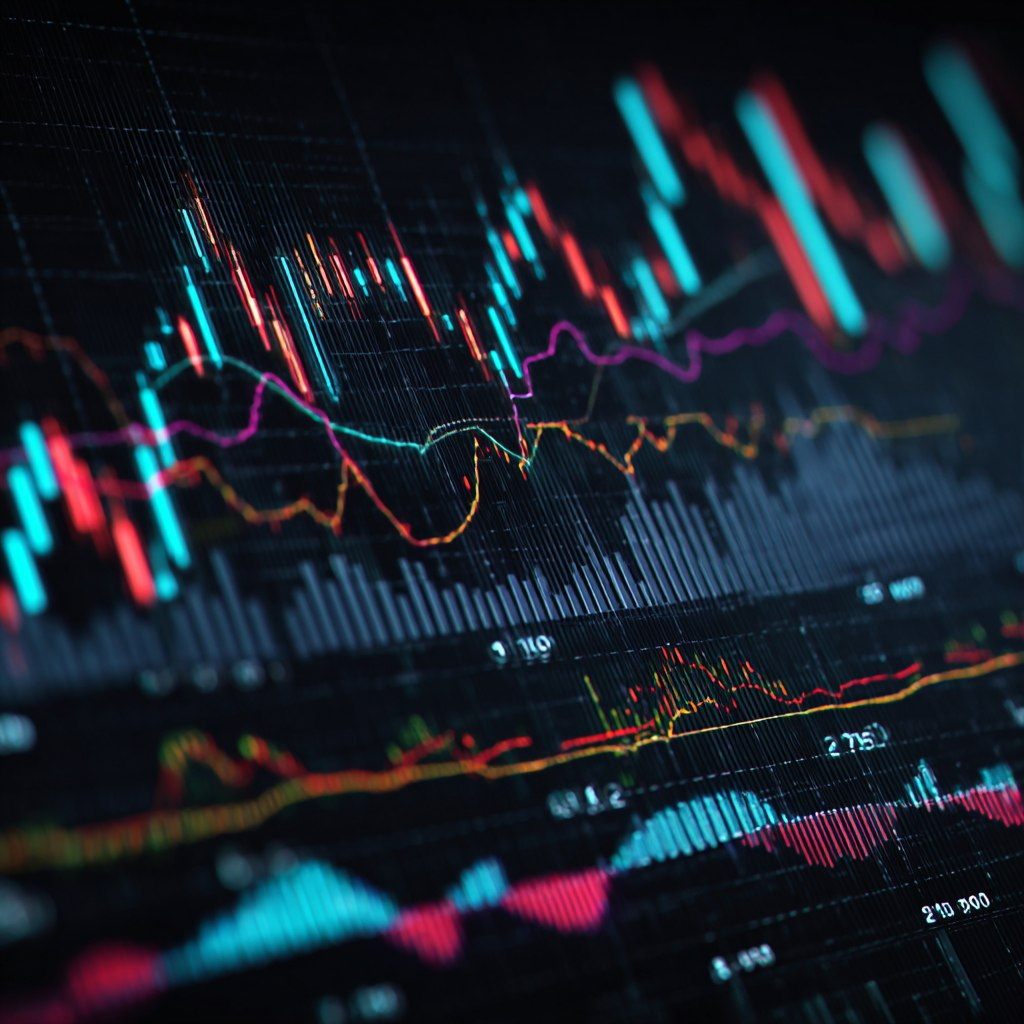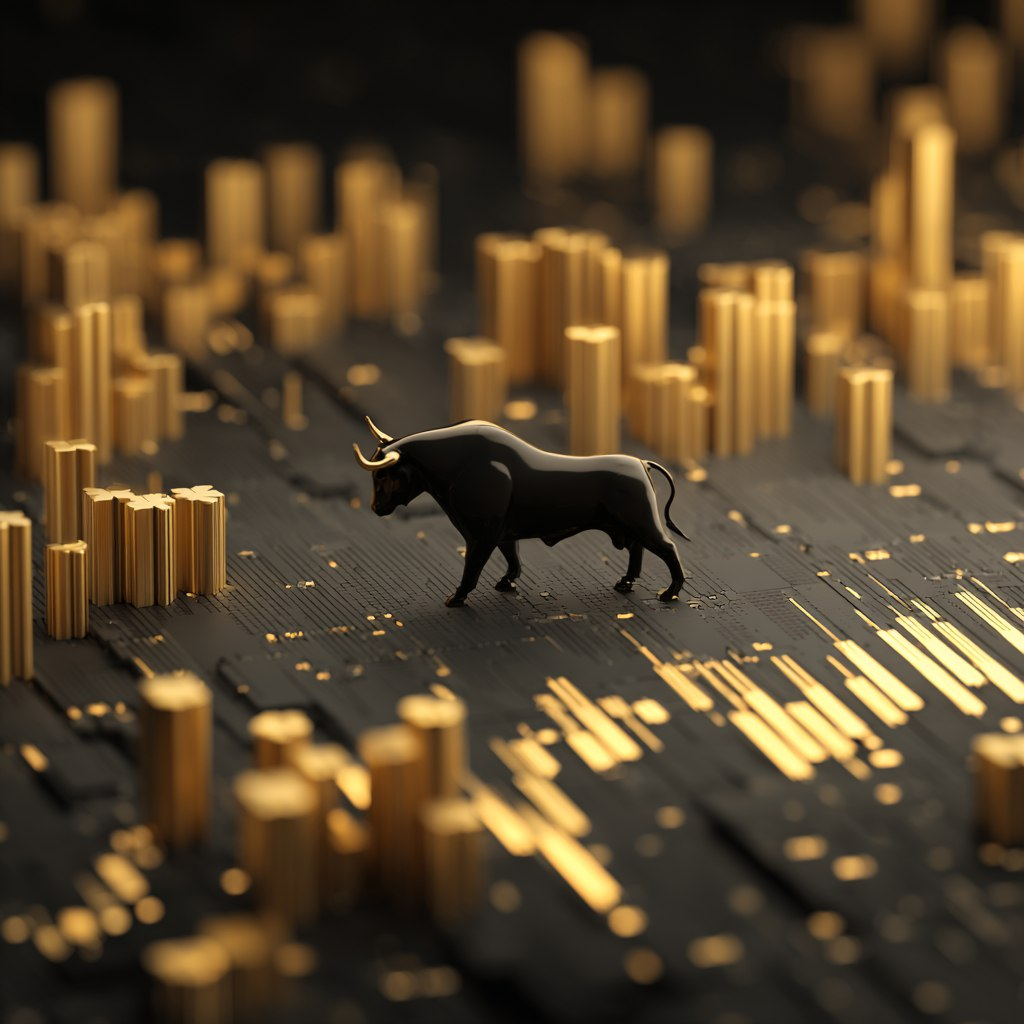Trading Psychology
Trading is not just about charts, strategies, and indicators. It’s also a test of your emotional resilience. A trader’s mindset often determines success or failure — not the strategy itself.
In this article, we’ll explore why psychology plays a key role in trading, which emotions interfere with good decision-making, and how to build a mindset that supports long-term profitability.
Why Psychology Is So Important in Trading
Most trading mistakes aren’t due to poor strategies — they’re caused by emotional decisions. Traders often know what to do, but fear or greed cause them to break their rules.
Example: A trader suffers several losses and starts “revenge trading.” Or they become overconfident after a streak of wins. In both cases, the account is at risk of being wiped out.
Fear
What happens: The trader sees a valid signal but hesitates. Or exits too early, fearing a reversal. After a few losses, they may even stop trading altogether.
Real-life scenario: After a losing streak, the trader becomes paralyzed — even with a strong signal, they skip trades and miss profits.
How to manage it:
- Set a fixed risk per trade (e.g., 1–2%)
- Accept that losses are part of the trading process
- Stick to a trading plan and track performance
Greed
What happens: After a win, the trader increases risk or doesn’t close trades, chasing more profit. This often leads to losses or stress.
Real-life scenario: After a good day, the trader doubles the next trade without a signal. Or holds too long. The market reverses — profit turns to loss.
How to manage it:
- Follow your profit-taking and exit plan strictly
- Avoid impulsive position sizing
- Focus on consistency, not quick gains
Fantasies and Unrealistic Expectations
What happens: Many new traders believe they can make hundreds daily from day one. They underestimate risk and overestimate skill.
Real-life scenario: A trader deposits a large amount and goes all in without a plan. In a week, half the account is gone.
How to manage it:
- Set realistic goals (e.g., 3–5% monthly)
- Understand trading is a learnable skill — not a shortcut to wealth
- Treat losses as lessons, not failures
Revenge Trading
What happens: After losses, the trader tries to "win it back" without a plan. They increase trade size and break all rules.
Real-life scenario: After three bad trades, they take another out of frustration. More losses follow, fueling the revenge cycle.
How to manage it:
- Take a break after consecutive losses
- Ask yourself: “Is this trade based on strategy or emotion?”
- Set daily loss limits — and respect them
Self-Doubt
What happens: Losing confidence after failures, the trader questions every setup, switches strategies too often, and follows others blindly.
Real-life scenario: After a few losses, the trader gives up on their system, chases chat signals, and ends up even more confused.
How to manage it:
- Keep a detailed trade journal with data and analysis
- Judge trades by setup quality, not just the result
- Build confidence through consistent review and practice
How to Develop a Stable Trading Mindset
- Stick to your plan. Emotions are easier to manage with a clear structure.
- Analyze trades holistically. Note emotional state along with technical data.
- Limit risk. Use daily loss caps, session time limits, and max trades per day.
- Take breaks. Don’t trade just to chase losses. Step away when needed.
- Build self-esteem. Confidence comes through experience and reflection — even on losses.
How Emotions Affect Trading Decisions
Emotions distort your perception of the market.
- After a win — overconfidence can lead to carelessness
- After a loss — fear can prevent you from re-entering
The key: Recognize emotional patterns before they control your actions.
Useful Techniques for Emotional Control
- Meditation & breathing exercises — reduce stress and improve focus
- Physical activity — supports mood and stamina
- Affirmations — repeating lines like “I stick to my system” reinforces discipline
Conclusion
Trading psychology isn’t abstract — it’s a trainable, essential skill. Awareness, discipline, and emotional control are what separate professionals from amateurs.
No strategy will work if you can’t follow it under pressure. Start training your mindset now — the results will follow.
Frequently Asked Questions (FAQ)
Can you learn to control emotions in trading?
Yes. Like any other skill, it improves with practice and structure.
How not to be afraid of losing money?
Define your risk tolerance, accept losses as part of trading, and only trade amounts you’re emotionally comfortable with.
How to know when emotions are interfering?
If you break your rules, feel stress while trading, or shift strategies impulsively — emotions are likely in control.



 ru
ru 

